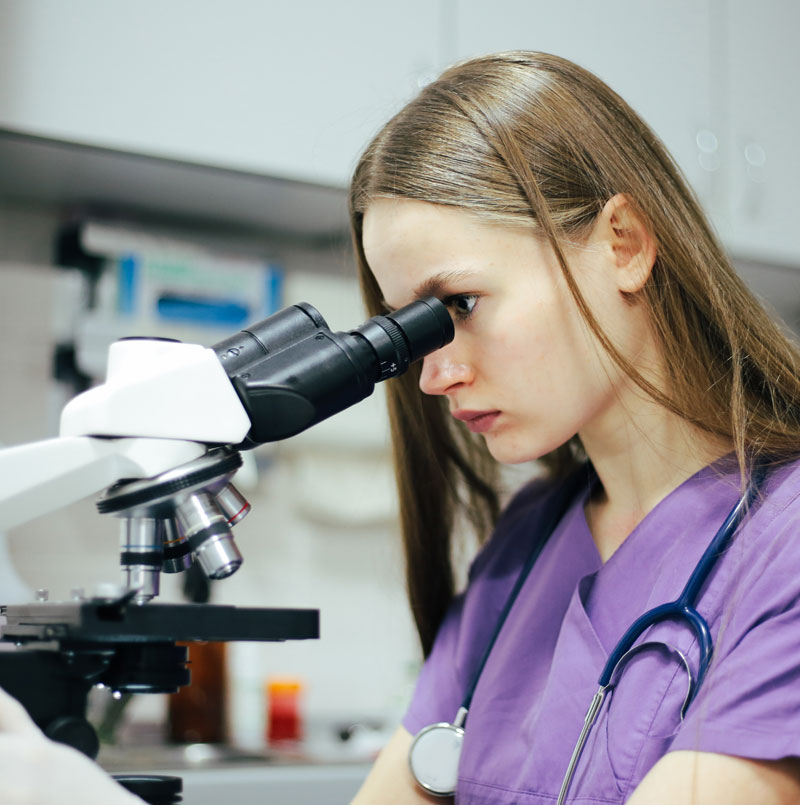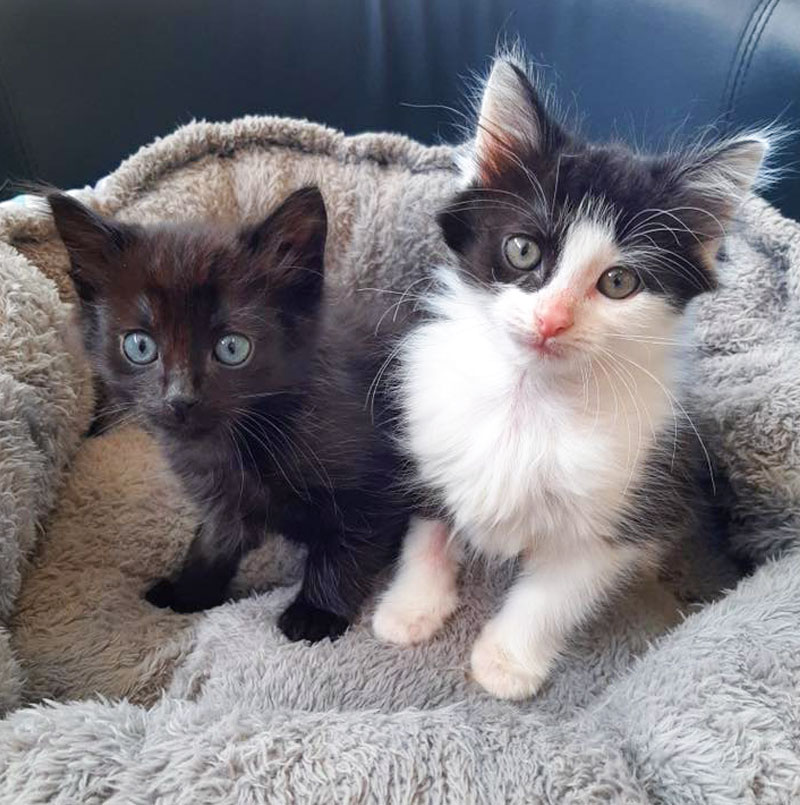Specimen Drop-Off Form
When you bring your pet to the Centre for a visit, our nursing team and our vets conduct what we call a nose-to-tail physical examination. We routinely check eyes, teeth, coat, mucous membranes, ears, weight, skin and mobility for anything that might be different or unexpected.
What we can’t do is see what’s going on inside. That’s why urine and faecal samples are so important. They give us an early indication that your pet is (or is not) as healthy on the inside as we can see on the outside.
Importantly, these tests give early indications of health problems which allow us to start treatment. Early treatment can also slow the progress of chronic diseases such as kidney disease.

Urine tests (urinalysis) provides a lot of information to our team.
- By sight we can check the colour and appearance of the urine. It should be yellow and clear but if it is dark or cloudy that tells us we should look for something abnormal. Our list of things to look for includes blood or cancer cells, crystals, bacteria or casts – which are damaged kidney cells.
- Further examination under the microscope will give us a better explanation for why the urine is cloudy or dark.
- Other things we check at urinalysis are urine concentration (specific gravity in vet-speak) and pH (which might be acidic or alkaline) and can detect things like protein and glucose that we should not see. Bilirubin (bile pigments), blood or ketones indicate we need to examine your pet further.
- Testing of urinary sediment can show us bacteria or crystals which indicate an infection.

Some of the diseases we can detect with a urine sample include:
- Diabetes
- Kidney disease
- Urinary tract infection
- Incontinence
- Bladder stones
- Liver disease
- Cushing’s syndrome
Faecal tests are also important. Examination of poo helps us identify internal parasites such as roundworm, hookworm, coccidia or tapeworms. Giardia, and cryptosporidium may be seen. We may see blood and indicators such as consistency and smell of the sample might tell us that everything is not right on the inside of your pet.
- Poo samples should be fresh and picked up off the ground as soon as possible. They can be stored for up to 12 hours in a cool area or in the fridge but we cannot test a sample that has been frozen.
- A fresh urine sample will give us the best information. This gives us a short window for optimal results. We suggest that you have the sample to us within an hour. If you cannot come straight to the Centre with your sample, please refrigerate until you are ready to travel.
- In general, we need at least 2 tablespoons of urine to run our tests. We can run some tests with less so if you are struggling please ring the Centre to discuss this with one of the team.
- We recommend cutting a water bottle in half lengthways and leaving the neck intact as a handle for use when trying to collect a urine sample. Wait until the dog begins to urinate then slowly slide the container into the urine stream.
- Clean shallow containers (such as margarine containers) may be used, but if they have ever been in the dishwasher the detergent will taint the sample and make the results useless.
- Remove most of the litter from their tray leaving only a few pieces for your cat to scratch. When the cat urinates tip a small amount of urine into a clean plastic container. Do not use any container that has been in the dishwasher – the detergent will taint the sample and we will not be able to test the urine.
- We also have urine collection beads at the clinic that are used in place of kitty litter. We can make these available to you if you need them.
If you have been asked to drop off a urine or stool sample to the BVC please fill out the below fields and send the information through to us when you get a sample.

Please note that analysis of laboratory samples will incur a fee. Our team will manage this for you when your test is dropped off at the Belmont Vet Centre.
Is your pet due for a check up?
To book an appointment or if you have any questions – please do not hesitate to contact us.



